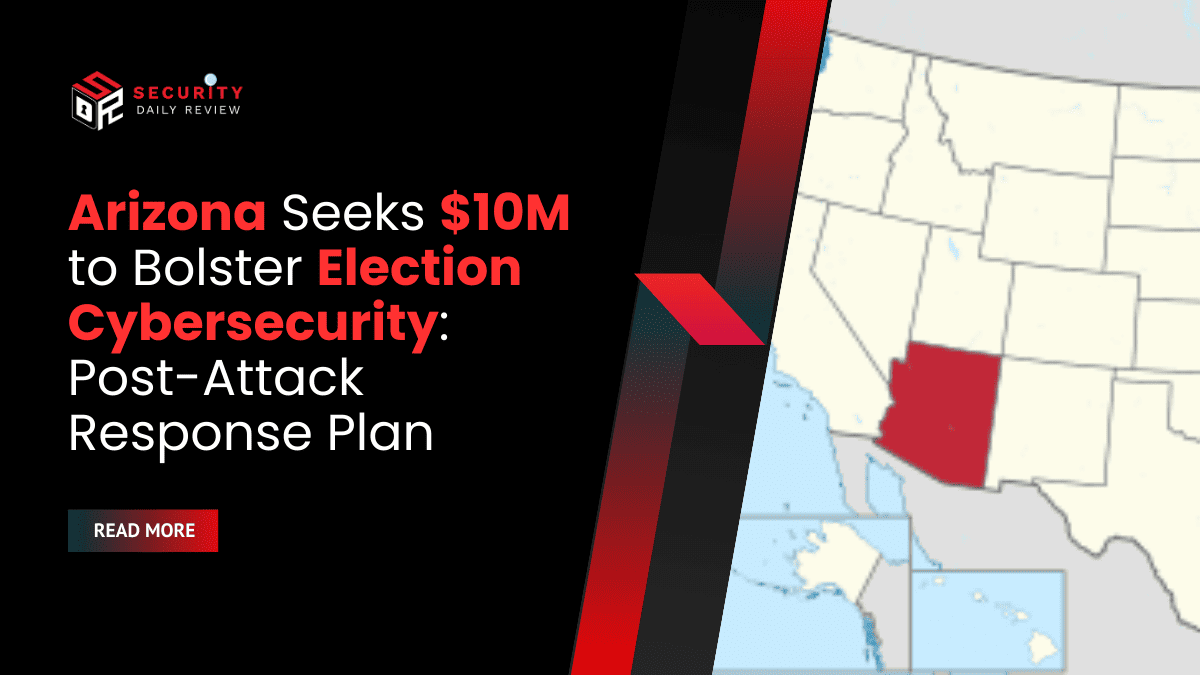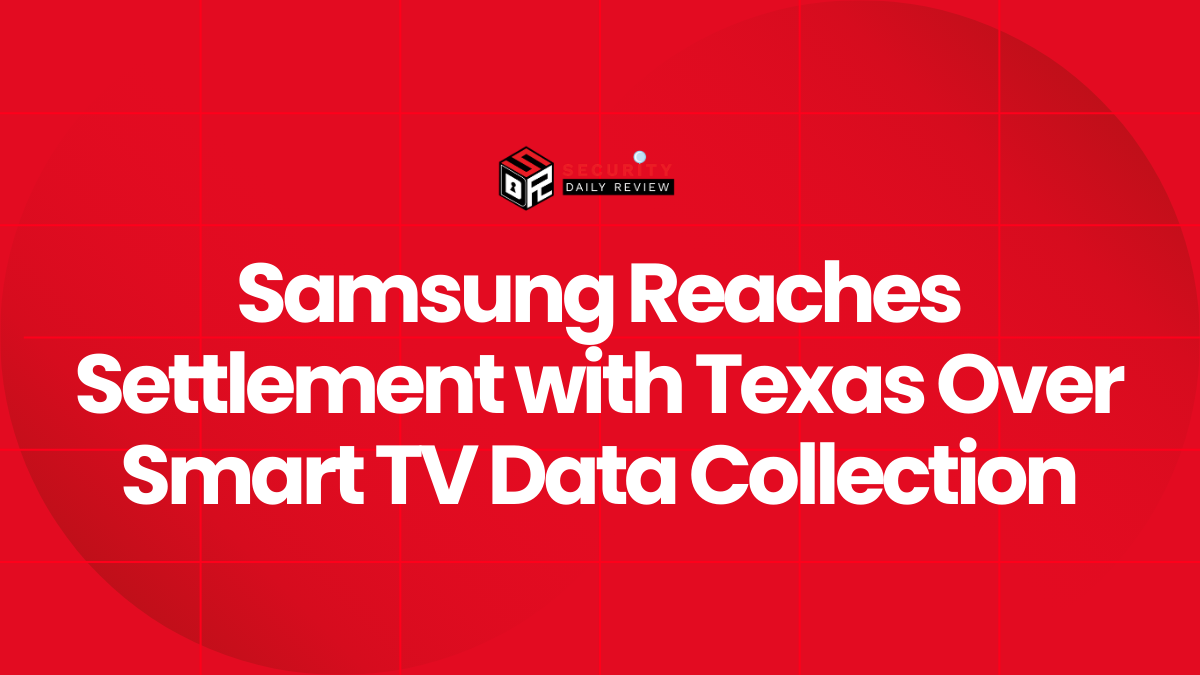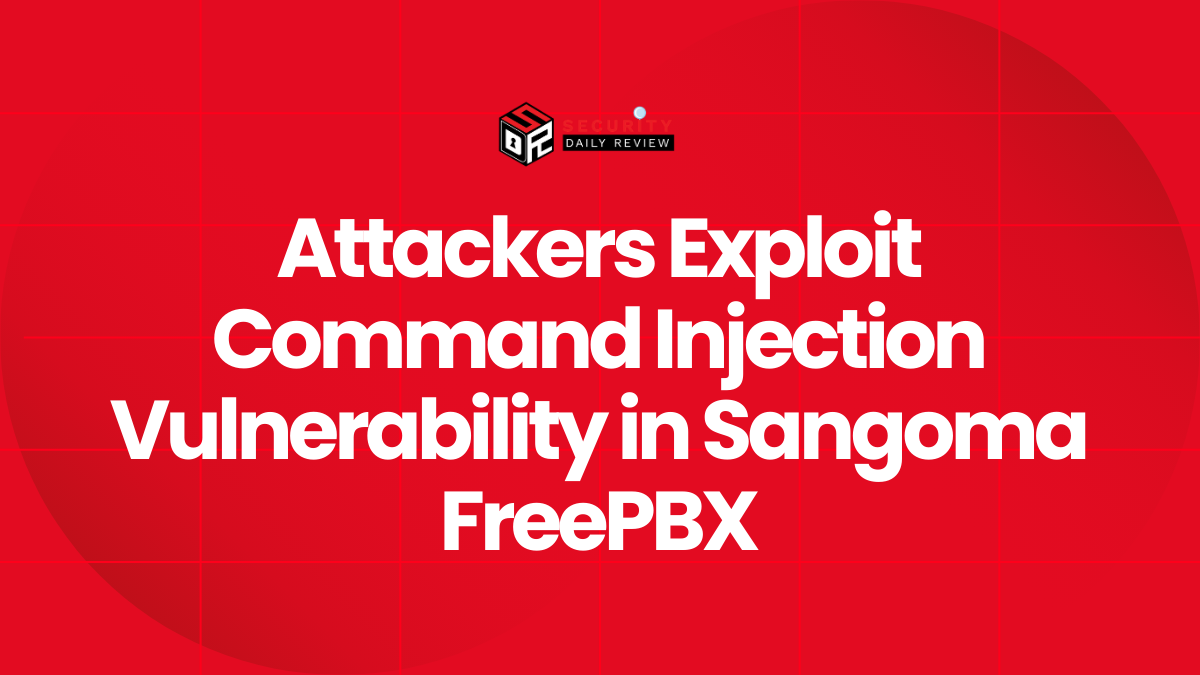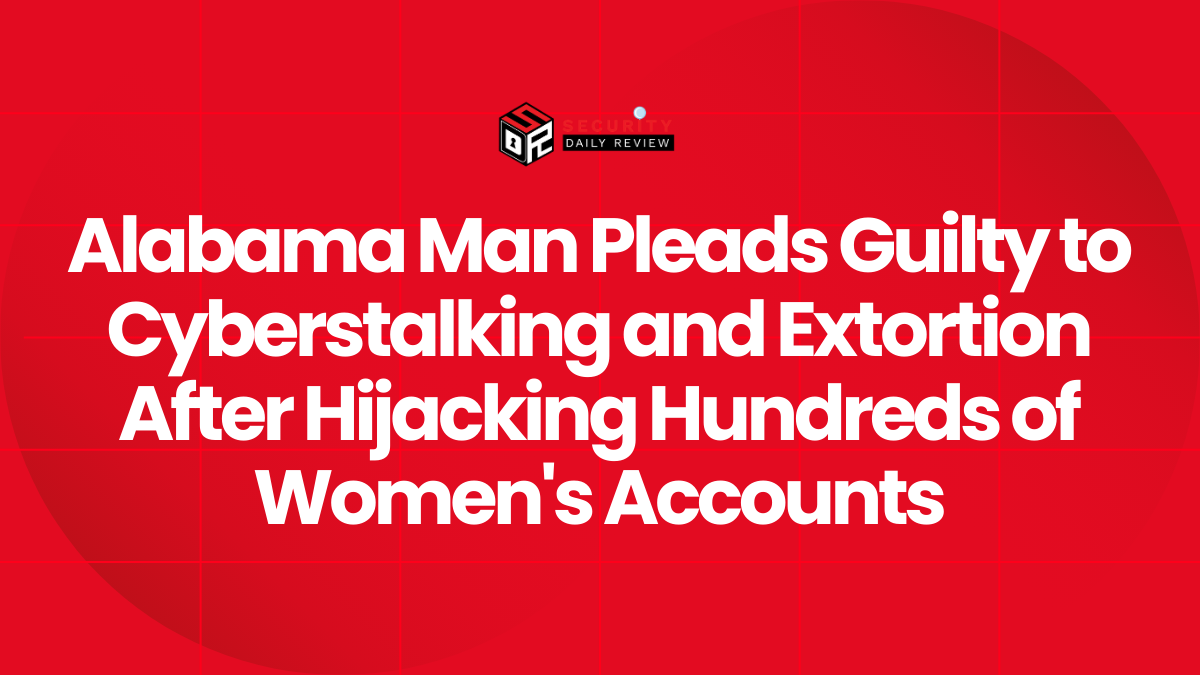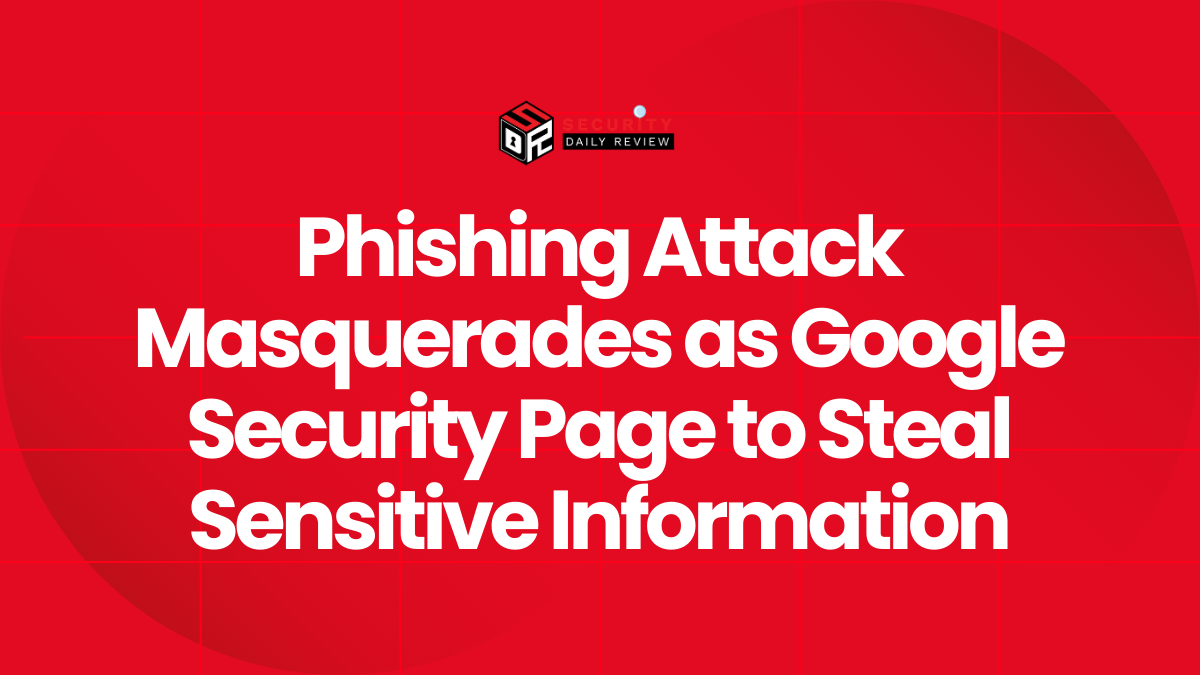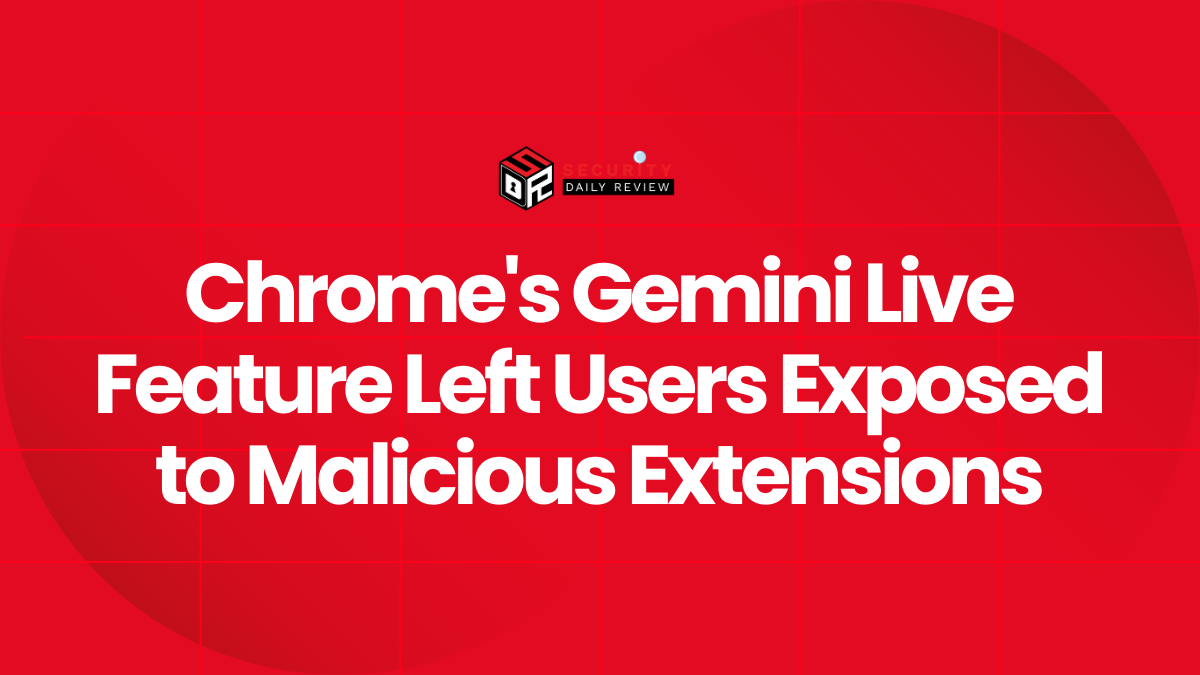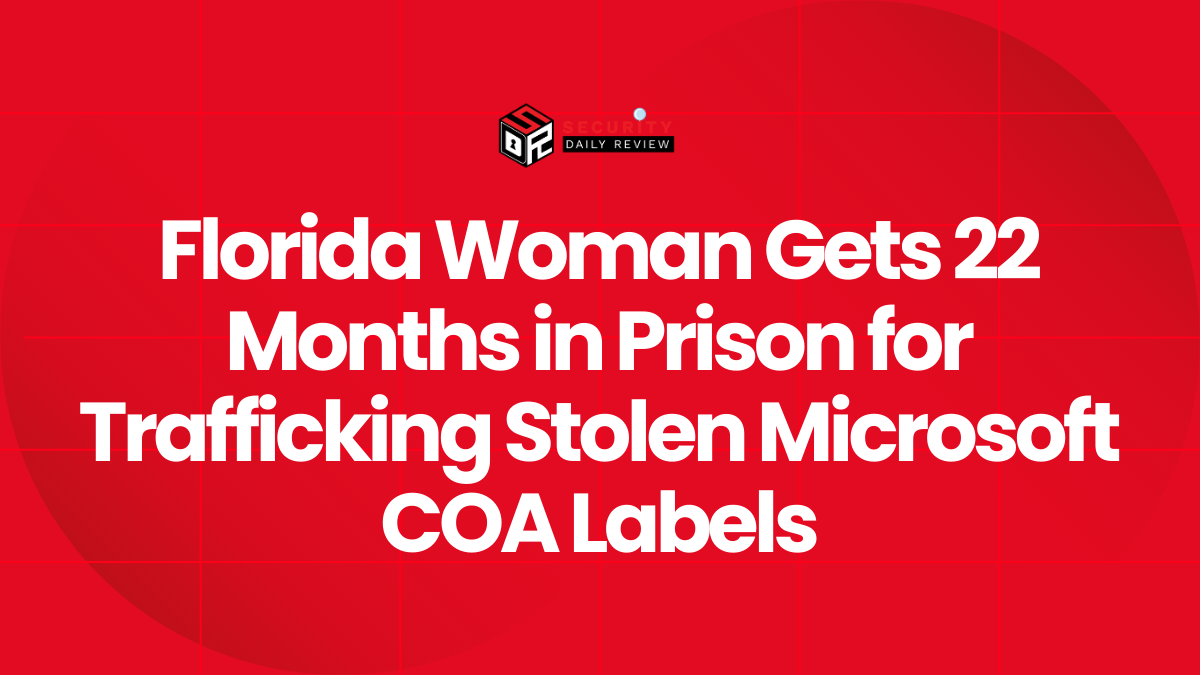A recent cyberattack on Arizona’s election infrastructure has become a clarion call for urgent investment in election security. In the wake of a targeted breach of the state’s candidate portal, Arizona Secretary of State Adrian Fontes has formally requested $10 million in initial cybersecurity funding and an additional $3.5 million annually. These funds aim to fill critical security gaps, modernize outdated systems, and reinforce public confidence in the integrity of the state’s election processes.
The attack, which occurred in late June and is suspected to be linked to Iranian-affiliated threat actors, did not breach core systems. However, it exposed concerning vulnerabilities that have now become a focal point for Arizona’s election officials and lawmakers.
A Rapid Response to a Politically Charged Attack
State officials confirmed that a malicious actor accessed a backend server and altered candidate photos on Arizona’s election website.
On June 23, 2025, unauthorized access to Arizona’s online political candidate portal resulted in several candidate profile pictures being replaced with an image of Ayatollah Ruhollah Khomeini—a symbolic move timed just two days after a U.S. bombing operation in Iran. Investigators reported that social media accounts connected to the replaced images included messages critical of U.S. foreign policy, signaling a politically motivated campaign.
Cybersecurity analysts within the Secretary of State’s office, along with the Arizona Department of Homeland Security, responded quickly by shutting down affected web portals. The attack was isolated to the public-facing candidate portal; critical election infrastructure such as the Arizona Voter Information Database (AVID) and the Address Confidentiality Program (ACP) remained untouched.
“Our defenses held this time—but we can’t rely on outdated systems to protect us forever,” Secretary Fontes warned.
Modernizing Election Infrastructure to Meet Evolving Threats
Fontes is pushing for a long-term security overhaul to prevent future breaches and to sustain public trust in Arizona elections.
The proposed $10 million in immediate funding will cover system modernization, improved incident detection, and proactive defense mechanisms. An annual budget of $3.5 million is also being requested to maintain continuous cybersecurity operations, including:
- Continuous monitoring of election systems for anomalous activity
- Threat intelligence sharing with state and local partners
- Regular risk assessments and incident response exercises
- Hardened backups and disaster recovery strategies
Arizona’s approach places renewed emphasis on proactive defense rather than reactive containment. This shift acknowledges that, while Arizona’s cybersecurity measures successfully thwarted deeper intrusion this time, repeated probing by sophisticated adversaries is likely.
Fontes stressed the nonpartisan nature of election security, stating, “Cybersecurity is not a partisan issue—it’s about trust in our democracy.”
Linked Attacks Extend Beyond Arizona
State cybersecurity personnel have suggested the coordinated nature of the intrusion mirrors similar attempts in other states.
Security officials indicated “moderate confidence” that the incident is tied to the Iranian government or its affiliates, based on forensic analysis and situational timing. The use of culturally symbolic imagery, along with attempts against other agencies, supports the theory of a broader campaign aimed at undermining democratic institutions.
Arizona’s Secretary of State’s office noted that attackers targeted more than just the candidate portal and explored vulnerabilities across other state-level systems. Although their efforts did not compromise election tabulation or voter registration databases, the pattern of activity points to a high-stakes, geopolitical initiative to disrupt U.S. confidence both digitally and politically.
Push for VOTE-ISAC in Response to Federal Funding Cuts
Fontes is also spearheading the creation of VOTE-ISAC, an interstate cyber defense initiative designed to replace the now-defunded EI-ISAC.
With the federal Cybersecurity and Infrastructure Security Agency (CISA) slashing resources for state-level election programs, many states—including Arizona—are left to bolster defenses independently. In response, Fontes has proposed forming the Voting Operations Technology and Elections Information Sharing and Analysis Center (VOTE-ISAC). This initiative seeks to:
- Provide real-time threat intelligence to election officials
- Establish standardized response protocols across states
- Foster collaboration with private sector partners and cybersecurity firms
- Promote resilience and incident transparency to the general public
Early discussions with other states and election security stakeholders are underway, reflecting widespread recognition of the growing void in coordinated federal support.
Ongoing Transparency and Guidance for Local Officials
In the aftermath of the breach, Arizona election authorities are prioritizing transparency and guidance for affected stakeholders.
The Secretary of State’s Office plans to release a public summary of the cyber incident and updated security protocols for local election officials and portal users. By sharing the nature of the attack and its containment, Arizona officials hope to foster better understanding of the current digital threat landscape—and to underscore the urgent need for funding and structural resilience.
Fontes concluded, “We are committed to making the integrity of Arizona’s elections immune to cyber-induced doubt.” The bid for funding, the push for interstate cooperation, and the swift containment of recent threats signal that Arizona is not taking election cybersecurity lightly. Whether lawmakers will respond with the needed budgetary approvals remains to be seen—but the message from election security officials is unequivocal: preparedness cannot wait.

